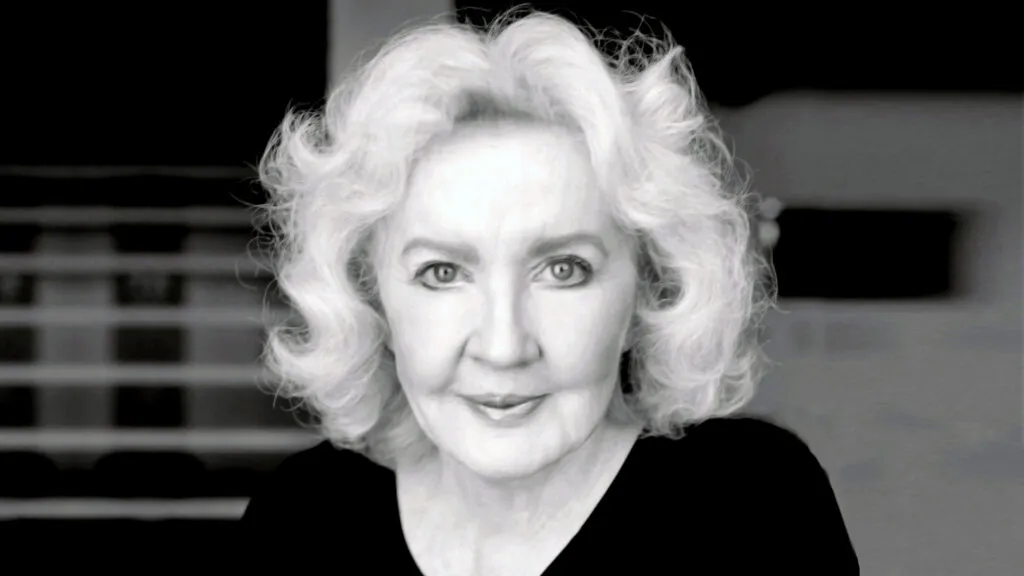Julia Cameron, international best-selling author of 40 books, is best known for her book, The Artist’s Way: A Spiritual Path to Higher Creativity. Although it was published more than 25 years ago, it continues to help artists from many different fields connect to God and get their art into the world. Her latest book offers a different approach to the spiritual life. In Life Lessons: 125 Prayers and Meditations, she tries to help readers hear the voice of God in their times of need.
“We have a yearning for a compassionate voice and I think when we read [Life Lessons], we hear a kindly voice,” Cameron tells Guideposts.org of her intentions behind writing her latest book. “My hope with this book, I wouldn’t say, ‘God told me [what to write]’; I listened and tried to transcribe what I heard.”
Cameron hasn’t always heard the voice of God so easily in her life. The 69-year-old teacher, filmmaker, playwright and journalist was about 30 years old, divorced from filmmaker Martin Scorcese and a single mom of one daughter when she hit rock bottom with her alcoholism and drug abuse and decided to make a change.
“I was told to try and work with a creative force of the universe,” she says. “If I could make a spiritual connection to God, I would have a chance at staying sober.” An agnostic at the time her sober partners shared this advice with her, Cameron was skeptical. But she’d been a writer since 18; she could at least believe in creative energy, so she started her sober journey from that point. “That spiritual connection curtailed my alcoholism.”
That’s when her relationship with God started to open up and develop. “When my alcoholism was arrested, I found myself thinking maybe there really is a God. Being in touch with how much trouble I was in and being in touch with how I had been rescued gave me a feeling of gratitude and I think it’s that gratitude for the tiny things that create a sense of faith.”
Sober writers then encouraged her to incorporate God in her writing. “They said, ‘Try to let God write through you.’ And I said, ‘What if God doesn’t want to?’” But she decided to give it a try, praying, “Okay, God. You take care of the quality, I’ll take care of the quantity.” She began teaching writing courses and helping other writers get unblocked in their creative process by practicing gratitude as soon as they wake up with a writing exercise she calls “Morning Pages.” As she helped her students clear out the clutter of their thoughts through writing their morning pages, her faith in her own writing and the idea of allowing God to write through her were strengthened.
The more she learned about the divinity of creativity–“the voice of the soul,” as she calls it–the more she wanted to share with the world a spiritual path to unlocking creativity. In 1992, after 10 years of teaching and 2.5 years of writing the book, she published The Artist’s Way.
Cameron had no idea the impact her book would have. Instead, she says, “I was trying to get my ego out of the way. I was trying to be of service.” That, she says is the key to writing impactful books. “When I wrote trying to be of service, I wrote freely. When I wrote trying to be thought brilliant, my writing became tighter.”
She’s now written 4 prayer books and shares her secret for hearing God’s voice: “It’s a matter of listening,” she says.
“I pray for what I’m supposed to do next and then I listen, I get an intuition or a hunch.” Cameron felt such a hunch when working on Life Lessons while living up in a mountain in Santa Fe, New Mexico.
“I was living in a little adobe house and I was frequently lonely. I would say [to God], “I’m lonely,” and then I would listen. Writing this prayer book was a lot like taking dictation. I would write these prayers [from God] and they would calm me down.”
That feeling of calm and peace is what she hopes readers find when they read through Life Lessons, a book written like the Psalms. “Little one, there is a place for you, safe and protected,” she writes in one of her prayers. “Feel my security. I prosper you. You are my child.”
She discerns the voice of God from her own voice by listening for the tone. “I wanted [readers] to feel that there is a benevolent force that intends us good. I think if it’s a good prayer, it calms you down and grounds you and makes you feel centered. If it’s a voice of the ego, it’s a little more harsh and strident.”
There are 4 questions she asks her students to think about when trying to hear God’s voice and find direction in life—questions she asks herself as she writes her books, as well. “What do I need to know? What do I need to do? What do I need to try? And what do I need to accept?” Then, she says, “you listen for the answer.”






